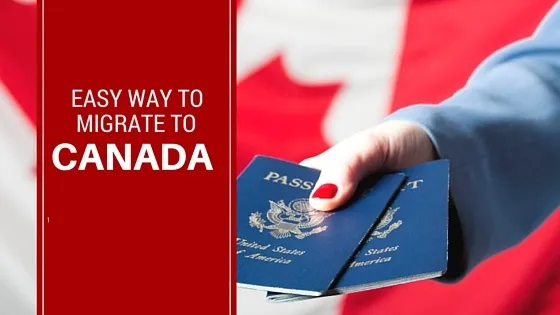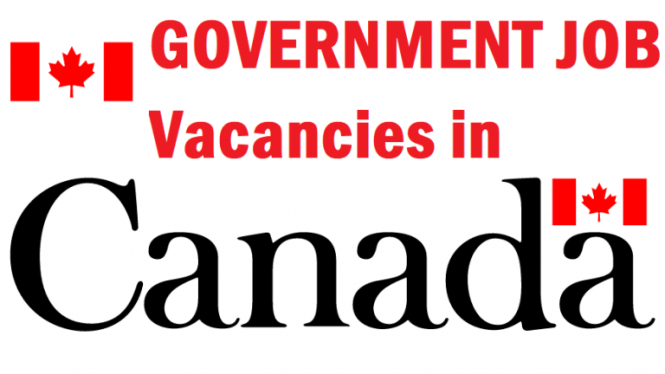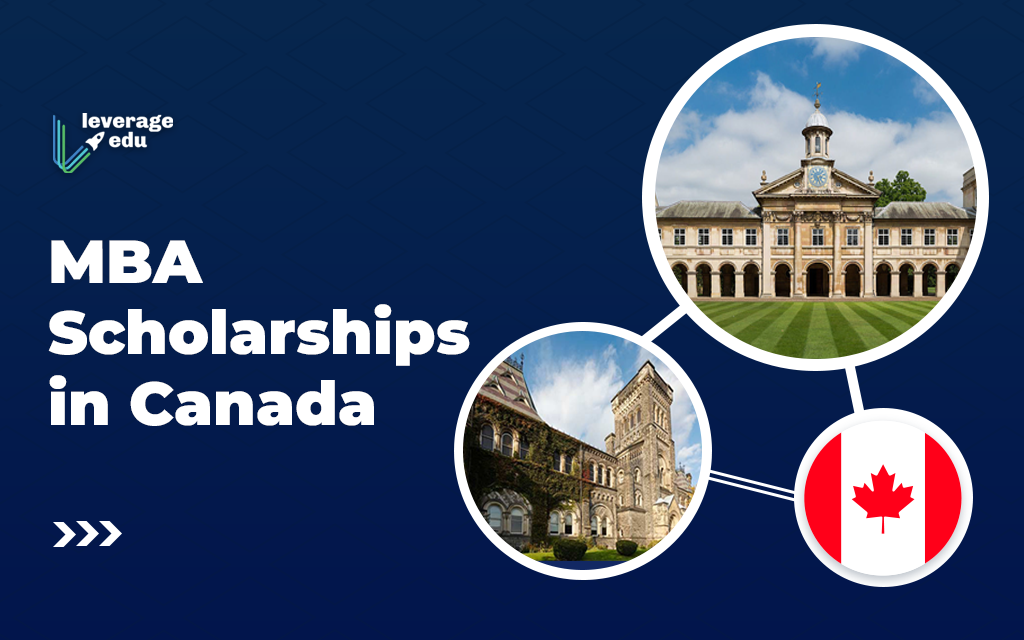
There are several ways to legally migrate to Canada as a professional or a skilled worker. Some of these ways to legally migrate to Canada as a skilled worker or a professional are; the Quebec skilled worker program, the provincial nominee program, the federal skilled trade program, the Canadian experience class, the federal skilled worker program, et cetera.
This article will draw your attention to the various Canadian professionals and skilled workers programs. It will also discuss who is eligible and how to go about processing each option listed above.
Canadian Professionals and Skilled Workers Program
Canada is both hospitable and warm. They boast of one the best economies in the world.
But the economy’s sustained growth is at risk, which is why they embraced the idea of skilled immigrants coming into Canada with their families to help grow their already prosperous economy.
The Canadian government, having recognized the need for skilled immigrants, set out to create legal pathways for these skilled immigrants to be able to come into Canada legally. This gave birth to the express entry system.
There are several programs that offer legal pathways for skilled workers to get into Canada as permanent residents. The Canadian professionals and skilled workers programs include the following;
The Federal Skilled Worker Program (FSWP)
The Federal Skilled Worker Program now falls under the Express Entry system as of 2015.
The key aim of the Express Entry immigration system is to help speed up the process of approving qualified, highly skilled foreign workers for a Permanent Resident (PR) Visa to Canada so that they can help meet the labor needs of Canadian industries.
So if you want to immigrate to Canada quickly, Express Entry is for you.
Candidates must first create an online profile which is then scored through the Comprehensive Ranking System (CRS) based on criteria that give points based on the factors listed below. The comprehensive ranking system criteria include the following;
Educational qualification, work experience, English or French speaking skills, qualifications, adaptability, and a qualifying job offer by a Canadian company.
Once in this pool, you can update your profile to improve your chances of having your application drawn.
If you score high enough and your profile is drawn from the Express Entry pool, you’re issued an Invitation to Apply (ITA) for permanent residence. This application can be processed in as little as six months.
Quebec Skilled Worker Program
The Quebec Skilled Worker or Regular Skilled Worker Program is unique in that it caters to candidates interested in living, settling, and working in the Canadian province of Quebec.
A job offer is not required to qualify for this program, and there is no official list of occupations in demand.
Quebec province administers its Canadian immigration programs with a selection criterion different from that set by other provinces.
You will first need to submit an Expression of Interest (EOI) before being invited to apply through what is known as the Arima portal, where your profile is assessed with a score out of 100.
If successful, you’re issued a Quebec Selection Certificate, which acts as an Invitation to Apply (ITA) for permanent residence from the federal government.
From this point, the government’s role is mainly to assess the medical and criminal aspects of the application.
The Quebec skilled worker program criteria are; adaptability, work experience, age, education, and French language proficiency.
Canadian Experience Class
The Canada Experience Class (CEC) is dedicated to helping qualified, skilled immigrants who have at least one year of Canadian work experience and want to move to Canada permanently.
Have at least 12 months of full-time (or an equivalent in part-time) skilled work experience in Canada within the last three years.
This experience must have been obtained while on a valid work permit and needs to be in one or more occupations classified as skill type 0, A, or B under the National Occupational Classification (NOC).
Plan on living outside the province of Quebec
Meet the required language levels needed for the job for each language ability (speaking, reading, listening, and writing).
These levels are outlined in the table below and must be proven by taking an approved language test.
Notably, work experience gained through self-employment and work experience gained while a full-time student is not eligible under the Canadian Experience Class.
Provincial Nominee Program
In 2021, approximately 80,800 skilled foreign workers will receive permanent residency through the Provincial Nominee Program (PNP).
In addition, Canada’s provinces and territories have created skilled worker programs for those who want to live and settle in a particular Canadian province.
You can either apply through these program streams directly or enter the Express Entry system from where you can submit an Expression of Interest (EOI) to create a second PNP profile.
Of course, not all of the PNP streams work through Express Entry, but a PN can always boost your Express Entry profile.
When applying for a PNP, candidates must have the skills, education, and work experience needed to make an immediate economic contribution to the province or territory.
In addition, they should be ready to establish themselves in the selected region successfully.
If you meet all the criteria and score the province’s required points, you are then issued with a nomination and ITA for permanent residence with the federal government.
If you applied for the nomination from the Express Entry pool, your nomination from the province would boost your CRS score, and if you are drawn from the pool, you are then issued with your ITA.
These provinces participate in the provincial nominee program; Nova Scotia, Newfoundland and Labrador, Ontario, New Brunswick, Prince Edward Island, Manitoba, Saskatchewan, British Columbia, Yukon, Alberta, and Northwest Territories.
Conclusion
The Canadian professionals and skilled workers program is a combination of several skilled workers’ programs duly recognized by the Canadian government.
They include some of the ones listed in this article, such as; the federal skilled worker program, the Quebec skilled worker program, the Canadian experience class, the provincial nominee program et cetera.


